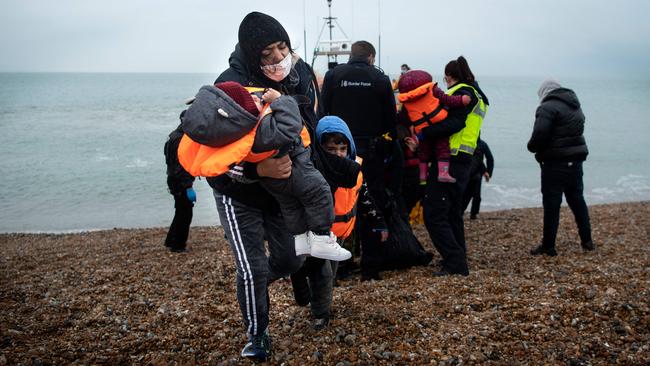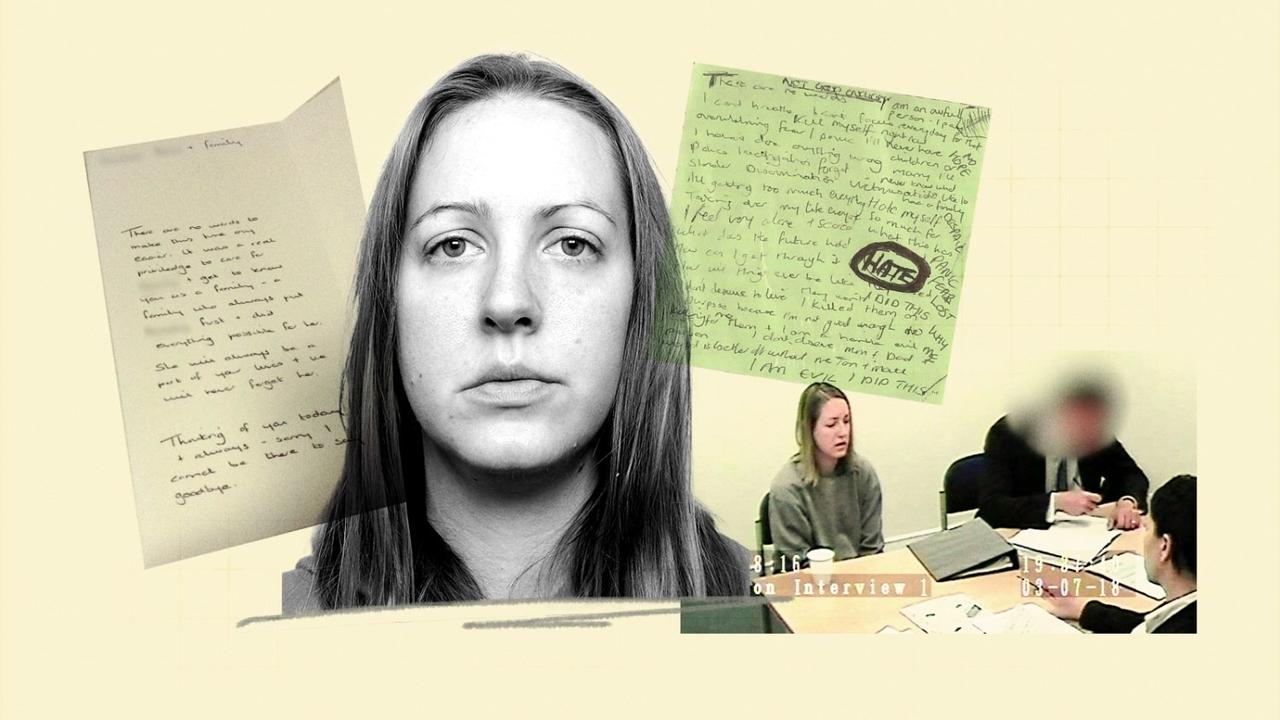Britain’s new migrant pact with France as 40,000 cross Channel
Britain and France are to announce a pact to block asylum-seekers after it emerged 40,000 boatpeople have arrived in the UK this year.

Britain and France were to announce a multi-million-pound security pact overnight that aims to stem the record number of migrant boats crossing the Channel.
The Ministry of Defence said more than 40,000 people had crossed so far this year, with 972 people detected on Saturday alone.
Suella Braverman, the Home Secretary, was to travel to Paris to make the announcement. The deal will for the first time entail British officers being stationed in French control rooms and sharing live intelligence.
The French government will also pledge to increase significantly the number of officers patrolling Channel beaches to detect and disrupt crossings.
The arrangements are expected to be accompanied by an increase in the amount that Britain pays France from £54m last year to up to £70m ($123m). The money will go towards funding the increased patrols, alongside the introduction of additional technology to spot boats before they set off.
A senior government source said it was hoped the deal would lead to a bigger development in cross-Channel co-operation. “The agreement goes over and above the current arrangements,” the source said. “We hope this is a stepping stone to a further and more substantial deal next year.”
Home Office officials believe that if the French interception rate can reach 75 per cent, it will be enough to destroy the business model of people-smugglers and make attempts to cross the Channel not worthwhile.
However, the French interception rate has dropped from 50 per cent last year to 42 per cent this year. Although the French authorities have intercepted more than 28,000 migrants, more than 40,885 have reached the UK in more than a thousand boats.
Ministers are also working on plans to try to speed up the processing of asylum-seekers who arrive in the UK, after new figures showed that the number of people waiting for an initial decision on their claim had risen fourfold in the past five years.
Data released to the Refugee Council by the Home Office revealed that 122,206 people were waiting to have their claims assessed, a third of whom had been waiting between one and three years. Just under 1000 had been waiting for between three and five years, while 725 had been waiting for more than five years for an initial decision.
The deal was due to be signed by Ms Braverman and Gerald Darmanin, her French counterpart, following months of negotiations.
Prime Minister Rishi Sunak discussed the parameters of the deal in his first meeting with President Emmanuel Macron at the COP27 climate change conference in Egypt this month, and detailed discussions have been taking place between officials.
Under the new agreement, the number of French officers patrolling to stop small boat crossings will increase from 200 to 300 by the middle of next year, with the cost of the additional monitoring covered by Britain. The French centre that co-ordinates operations will also be reinforced, with British Border Force officers present to share information. French officers are also likely to be stationed on the British side.
News of the deal comes as the Ministry of Defence said that 22 boats carrying 972 people had been detected on Saturday, taking the provisional total for the year to 40,885.
The figure is already almost 30 per cent higher than the 28,561 crossings recorded last year. Depending on the weather, it is expected to rise still further in the coming days.
The arrivals on Saturday were the first so far in November, with the most recent crossings previously made on October 31 when 46 people were detected in one boat.
In a newspaper article on Sunday, Immigration Minister Robert Jenrick pledged to end “hotel Britain” with moves to make the country a less attractive destination for migrants. Writing in The Sunday Telegraph, Mr Jenrick said that a “chronic shortage of acceptable accommodation” for “record numbers” of migrants had forced the government to procure expensive and often unsuitable hotels, burdening the taxpayer with an “unacceptable” cost.
He said ministers were urgently examining alternatives to hotel rooms that could include disused student accommodation, defunct holiday parks and even budget cruise ships.
“‘Hotel Britain’ must end and be replaced with simple, functional accommodation that does not create an additional pull factor,” Mr Jenrick said. “Human decency has to be accompanied by hard-headed common sense: illegal immigrants are not entitled to luxury hotels.
“Conditions in the UK are almost always better than in neighbouring countries, which helps explain why the UK is a destination of choice for economic migrants on the continent ‘asylum shopping’.”
As part of the plan to reduce migrant crossings, ministers are looking to set up a fast-track deportation scheme for Albanians, who account for a third of all arrivals.
The Times


